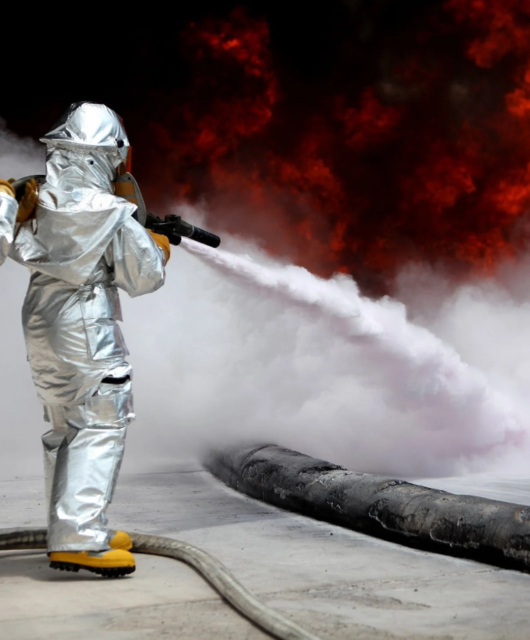What the Government Can Do to Reduce the Production of Toxic Baby Foods
 According to a U.S. Congress inquiry, several prominent American makers of infant food used excessive levels of hazardous metals in their products. High levels of harmful chemicals were found throughout the examination, which poses long-term health hazards to developing infants. Following concerns about widespread heavy metal pollution, the United States Subcommittee on Economic and Consumer Policy began its investigation. Seven major U.S. baby food producers were asked to provide information on testing outcomes, internal procedures, and standards for heavy metals. The pollutants in the products under investigation were startlingly high, especially compared to the safety standards for other goods subject to FDA and EPA regulations. Babies who eat contaminated baby food run a substantial risk of hazardous exposure. Due to their immature filtering mechanisms, children may have negative biological consequences from arsenic, cadmium, mercury, and lead. If you have found that your baby has been exposed to toxic baby food and has been subsequently diagnosed with autism, then you would need a product liability lawyer. However, the government must take some action to deal with the problem.
According to a U.S. Congress inquiry, several prominent American makers of infant food used excessive levels of hazardous metals in their products. High levels of harmful chemicals were found throughout the examination, which poses long-term health hazards to developing infants. Following concerns about widespread heavy metal pollution, the United States Subcommittee on Economic and Consumer Policy began its investigation. Seven major U.S. baby food producers were asked to provide information on testing outcomes, internal procedures, and standards for heavy metals. The pollutants in the products under investigation were startlingly high, especially compared to the safety standards for other goods subject to FDA and EPA regulations. Babies who eat contaminated baby food run a substantial risk of hazardous exposure. Due to their immature filtering mechanisms, children may have negative biological consequences from arsenic, cadmium, mercury, and lead. If you have found that your baby has been exposed to toxic baby food and has been subsequently diagnosed with autism, then you would need a product liability lawyer. However, the government must take some action to deal with the problem.
Issues with Baby Formulas
The dangerous heavy metal concentrations in baby food are startlingly greater than permitted levels in drinking water. According to the research, testing standards and procedures used by manufacturers needed improvement. Companies frequently omitted to test the final product and looked at the materials and if harmful metal-rich additions were employed. Additionally, businesses hardly ever tested for mercury. Babies who eat contaminated baby food run a substantial risk of hazardous exposure. Children may have negative biological consequences from harmful chemicals due to immature filtering mechanisms. These heavy metals injure the brain and nervous system as they accumulate in the bones and tissues, eventually causing irreparable harm. Researchers have connected early exposure to hazardous heavy metals with low IQs, poor cognitive function, and neurologic disorders like ADHD and autism.
Role of Government
The government can go to great lengths to protect children from the harmful chemicals in food products. For instance, the government can impose regulations on baby food manufacturing companies. Recently, the FDA unveiled its “Closer to Zero” action plan in April 2021 to lower the number of harmful metals in baby food products. The plan, which consists of four parts, aims to establish safety standards until 2024. The FDA also issued a notification addressed to the baby food manufacturing companies. The letter serves as a reminder of their current duty to take chemical hazards, including toxic substances, into account when completing a hazard analysis for items intended for infants and young children. The preventative control regulations specify that industries implement control to reduce or prevent recognized chemical dangers greatly. For instance, some manufacturers might test the finished product as part of their verification processes. Consumers should be aware that producers of foods for infants and young children are legally required by the Federal Food, Drug, and Cosmetic Act to guarantee the safety of their goods. For further information, please visit the United States Food and Drug Administration.









